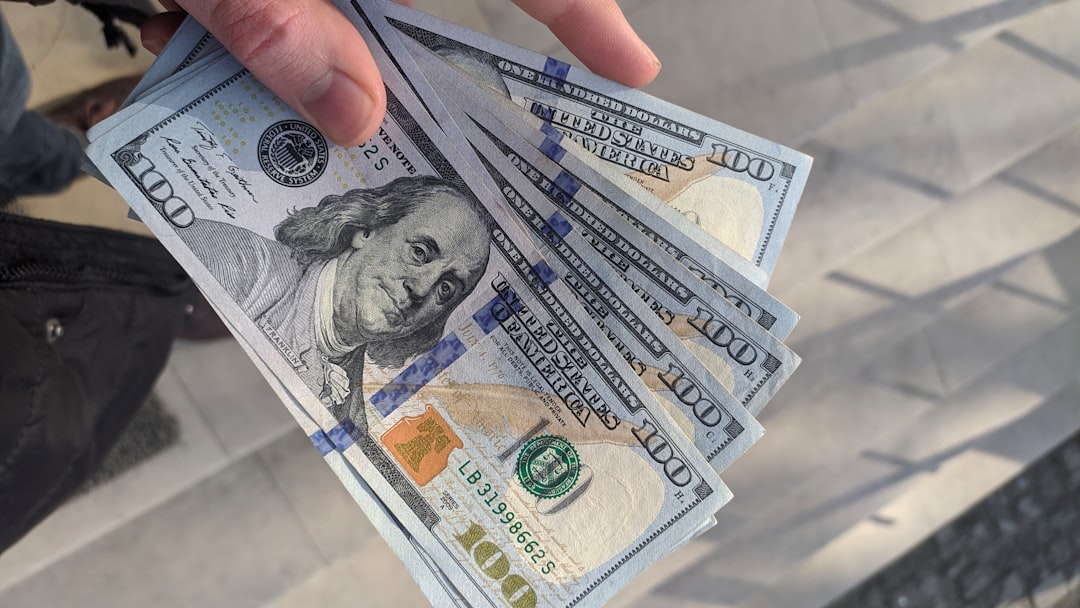In Gloucestershire's Saturday Live Auctions, experts appraise items like antique furniture, fine art, and collectibles using a tax valuation method. This process considers condition, rarity, age, provenance, historical significance, and market demand to ensure accurate pricing for tax compliance. These professional appraisals are vital for fair bidding, buyer decision-making, and auctioneer clarity, maintaining the integrity of the diverse live auction scene from antiques to fine art. For accurate tax valuations, especially for unique items in the Gloucestershire Saturday Live Auction, gather detailed information, consult qualified professionals, and use suitable appraisal techniques for compliance and precise results.
“In the dynamic world of Gloucestershire’s Saturday live auctions, understanding valuations for tax purposes is paramount. This article delves into the unique perspective of local auction houses, highlighting the significance of tax-specific valuations in this vibrant community. We explore why these assessments are crucial for smooth tax compliance, offering insights and tips to navigate the process accurately. From the bustling auction floors to post-sale tax considerations, discover how Gloucestershire’s live auction scene is both a testament to local history and a sophisticated system for valuing assets.”
- Understanding Valuations for Tax Purposes: A Gloucestershire Saturday Live Auction Perspective
- Why Tax-Specific Valuations Are Crucial in Gloucestershire's Live Auction Scene
- Navigating the Process: Tips for Accurate Valuation for Tax Compliance
Understanding Valuations for Tax Purposes: A Gloucestershire Saturday Live Auction Perspective

When it comes to tax purposes, valuations play a crucial role in determining the fair market value of assets. A Gloucestershire Saturday Live Auction provides a unique lens into this process. In such auctions, experts carefully assess and evaluate items up for sale, considering various factors like condition, rarity, and demand. This hands-on approach mirrors the meticulousness required for tax valuation, ensuring that assets are priced accurately for tax calculations.
For instance, a Gloucestershire Saturday Live Auction might showcase antique furniture, fine art, or precious collectibles. Valuators, much like tax assessors, would need to factor in age, provenance, and any historical significance to arrive at a fair evaluation. This real-world auction environment offers insights into how market dynamics interact with tax regulations, highlighting the importance of professional appraisals in navigating complex valuation scenarios for tax compliance.
Why Tax-Specific Valuations Are Crucial in Gloucestershire's Live Auction Scene

In the dynamic world of Gloucestershire’s Saturday Live Auctions, tax-specific valuations play a pivotal role. These specialized assessments are crucial for several reasons. Firstly, they ensure fairness in the bidding process by providing an unbiased estimate of an item’s value, which is essential when multiple bidders compete intensely. With tax implications at play, having an accurate valuation prevents overpaying and helps buyers make informed decisions.
Secondly, tax-specific valuations offer clarity and peace of mind to both auctioneers and participants. They facilitate the smooth calculation and collection of taxes, ensuring compliance with local regulations. For Gloucestershire’s live auction scene, where a diverse range of items from antiques to fine art are up for grabs, these specialized evaluations are instrumental in maintaining the integrity and efficiency of the entire process.
Navigating the Process: Tips for Accurate Valuation for Tax Compliance

Navigating the process of valuation for tax purposes can be a complex task, especially when dealing with unique or valuable assets like those featured in Gloucestershire Saturday Live Auction. To ensure accuracy, it’s essential to understand the key steps involved. Begin by gathering comprehensive information about the asset, including its history, condition, and any relevant market trends. This data forms the foundation for a robust valuation.
Next, consult with qualified professionals who have expertise in tax law and valuation methods. Their insights can help you choose the appropriate appraisal methods tailored to your specific asset type. For instance, real estate may require different approaches compared to valuable artwork or business inventory. By following these tips, individuals and businesses can approach tax compliance with confidence, ensuring their valuations are not only precise but also meet legal requirements.
In conclusion, tax-specific valuations play a pivotal role in Gloucestershire’s vibrant Saturday live auction scene. By understanding and accurately navigating this process, auction participants can ensure compliance while unlocking the full potential of their auction experiences. This comprehensive guide, informed by a Gloucestershire Saturday Live Auction perspective, equips readers with valuable insights to make informed decisions regarding tax-related valuations.
